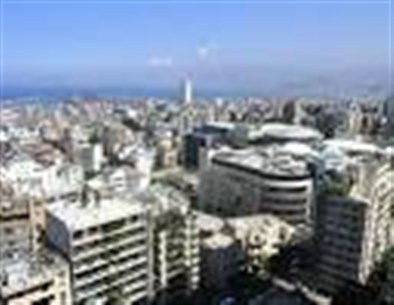The idea of building the Fouad Boutros Highway dates back to the 1960´s. Now the road may finally be built. Most of the details are still in planning. However, Ashrafieh MP Nadim Gemayel stated that approximately 700 new parking spaces will be built along the new highway. The aim is to make it easier for traffic and create more parking spaces, he said. But protesters believe that the project will actually do the opposite and also steal some of Beirut´s last green areas and architectural wonders.
SBH is an NGO fighting for the preservation of the architectural heritage of Beirut and beyond. They have conducted a report of on the Fouad Boutros Highway project and its consequences on Ashrafieh and the Hikmeh Neighborhood.
In the report, several arguments about the preservation of the regarded areas from residents of Beirut have been published. One of them is Mona Fawaz, Associate Professor at the Graduate Urban Planning and Design Programs at American University of Beirut (AUB), who said the following:
“Terrible news! These projects maintain the mentality of the 1960's where the car was considered the only valid mode of urban transportation in the city. If you implement the highway now, you will be destroying one of the only remaining historic urban fabrics of the city, a heritage that can potentially bring lots of economic investments to Beirut and particularly to the handful of neighborhoods where one can still speak of some kind of heritage.”
The Fouad Boutros highway is planned to be laid out through Hekmeh neighborhood, which according to SBH will ruin the area forever.
“What is now a slow paced neighborhood, free from fast, congested and heavy traffic, will be invaded by fast cars and strangled by traffic congestion. The report also said that the road will make it more difficult for pedestrians to get around,” said Tarraf.
According to information given by the Fouad Boutros project office, details in the study done by SBH are not correct to the actual proposal for the highway. Nadim Gemayel is working on the project and said that several meetings have been organized with the civil society movement in order to try to coordinate some of their requests. “I´m concerned about the opposition to this project. We have been working to adapt the project to some of the requests and I think we have done a lot of progress. Some people say we don´t need it, but it is needed,” he said.














